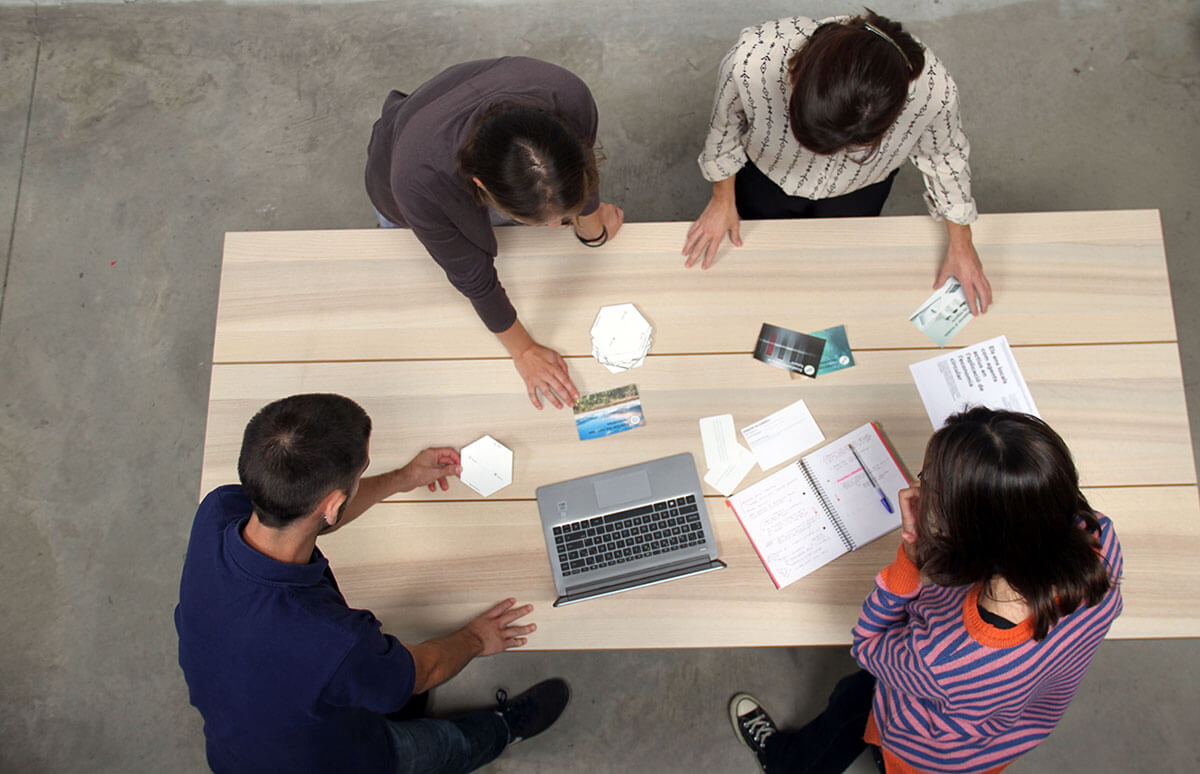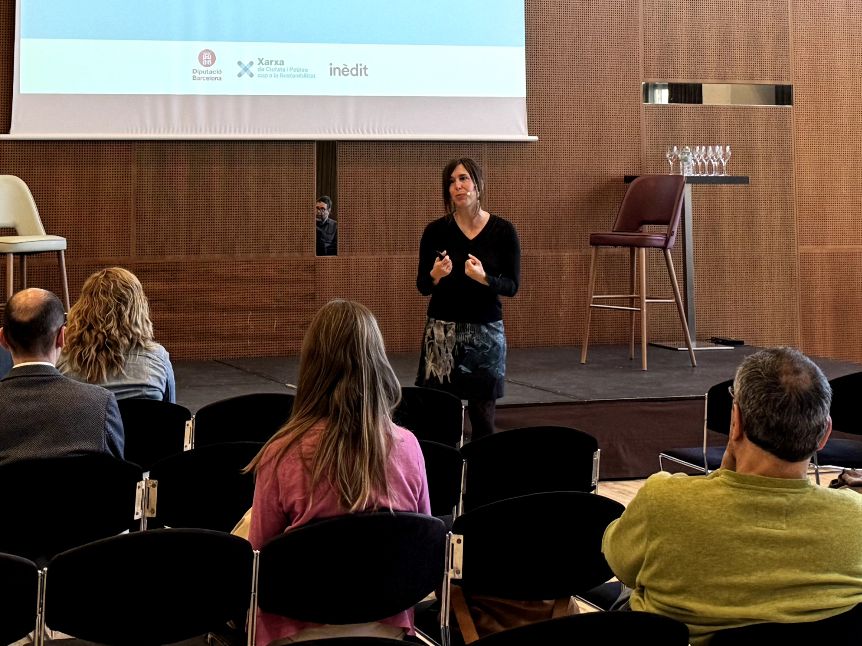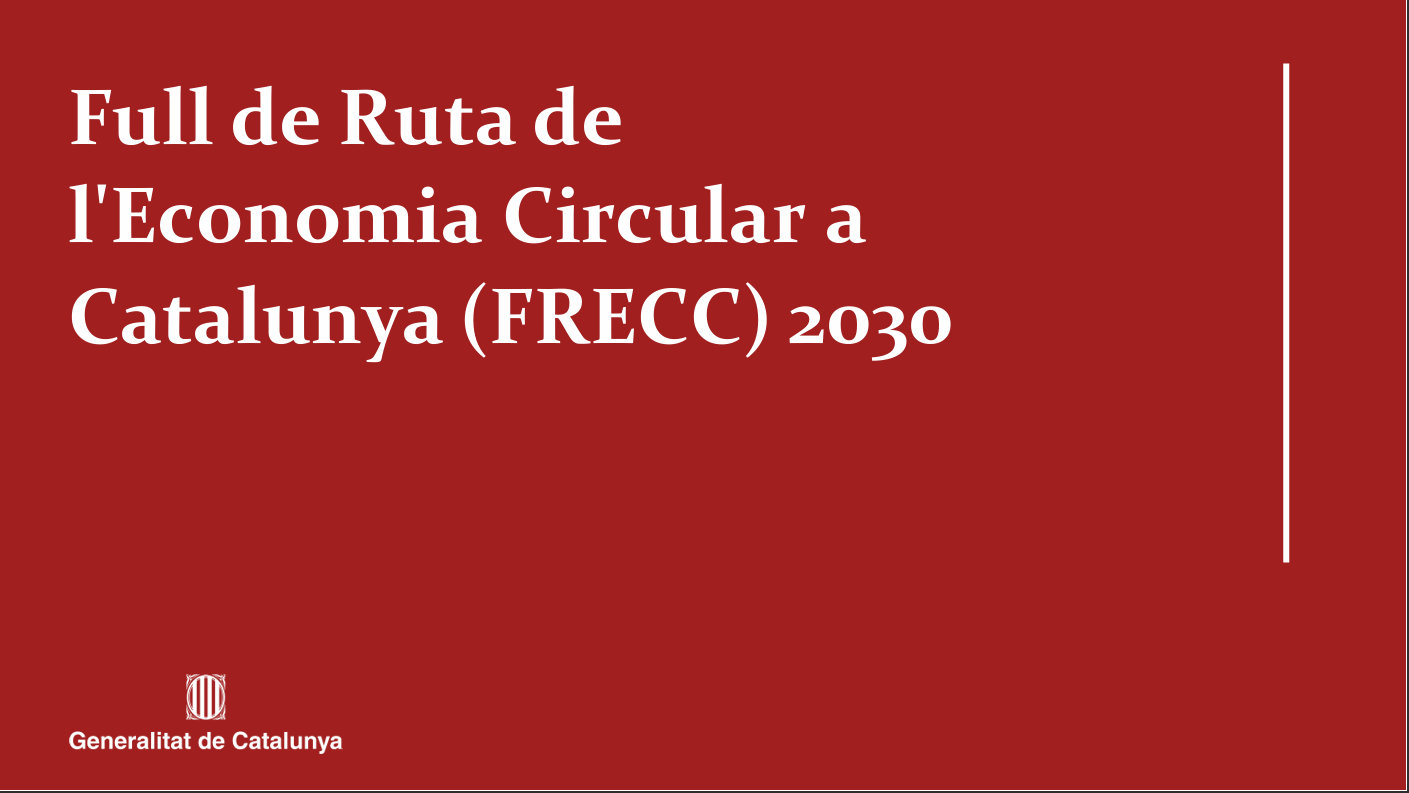
Alignment of participating teams
We create a common working culture to establish the methodological foundations of the project, anticipate difficulties, and prevent potential setbacks.
We work to accelerate the circular transition of cities and regions. Our objectives are to make administrations facilitators of change, promote collaboration between public and private stakeholders, invigorate the industrial fabric, and turn plans and strategies into real changes to ensure improvements in people's quality of life.
Contact us
Based on an initial analysis of the territory, which allows us to understand its assets, key stakeholders, and most relevant sectors, we study how the territory utilizes resources to identify vulnerabilities and opportunities for improvement, recirculation, and innovation. Finally, through constant dialogue with local stakeholders, we define a range of circular strategies and establish a governance, tracking, and monitoring mechanism for these strategies.
Design of strategies, plans, and roadmaps to promote the circular economy.
Creation and facilitation of co-creation and collaboration spaces among key territorial stakeholders.
Training and capacity building for teams on sustainability and circular economy.
Analysis of the circularity potential of key sectors for cities and regions.
Material Flow Analysis (MFA) within a territory or for economic activity sectors.
Support in the territorial circular transformation process.

Are you a local development agency looking to promote circularity among the companies in your municipality? We propose hiring an external support package from inèdit, which we will dedicate to assessing each company’s circular maturity, proposing concrete actions, and accompanying their implementation. At inèdit, we foster circularity through training sessions, team alignment workshops, and the definition of purchasing and procurement criteria, among other initiatives.


We create a common working culture to establish the methodological foundations of the project, anticipate difficulties, and prevent potential setbacks.

Based on documentary and statistical research, supported by the local technical team, we understand the priorities and strengths of the territory, and assess the circularity potential of its most relevant sectors.

For the most relevant sectors in that territory, we study how they utilize resources such as water, energy, or metals, and how they manage the waste they generate to identify improvement opportunities. We also identify vulnerabilities within the territory or the specific sector. This analysis guides our action proposals.

We define a set of specific circular strategies for the territory or its key sectors, along with a governance mechanism for tracking and monitoring these strategies. Throughout this process, continuous consultation with local stakeholders is crucial as they are the drivers of change.

FRECC 2030: The Guide for Catalonia’s Transition to Circular Economy

Circularity Scan in Chile’s Tarapacá Region: Diagnosis and Activation of Actions for the Circular Transition

Co-creating the Bioeconomy Strategy of Catalonia

The economic and industrial pole of southern Europe

A circular strategy to live with prosperity within the limits of our planet
Put yourself in good hands